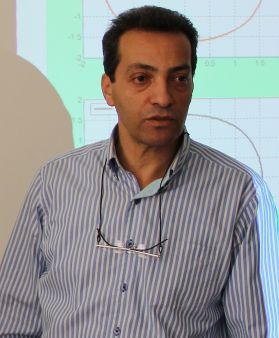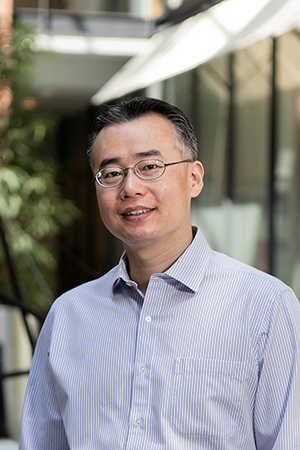Department of Electrical Engineering and Automation
Department of Electrical Engineering and Automation
The Department of Electrical Engineering and Automation, in short EEA, is an ecosystem where scientists and engineers from different fields of microsystems, electrical engineering and automation work together to solve the most challenging scientific problems in the fields of energy and environment, as well as health and wellbeing.
We offer excellent education and top-quality research conditions.

Research
The Department of Electrical Engineering and Automation (EEA) focuses on three research areas: Power Systems and Energy Conversion, Control, Robotics and Autonomous Systems, and Health Technology.
The department is a major player in Aalto University’s Energy Efficiency Research programme AEF.
Also the Aalto ePowerHub is part of the EEA department.
Power Systems and Energy Conversion
We develop new methods, devices, and systems for substantially increasing the share of renewable energy and improving energy efficiency, focusing on making renewables, energy storage, and digital services the essence of power systems.
Electric Drives
Electric drives play an important role, e.g., in a large number of industrial applications, electric and hybrid vehicles, elevators, and robotics. Electric drives are systems where the electric motors or generators are controlled by power-electronic converters (such as a frequency converter).

Electromechanics
Advancing research in the interdisciplinary field of electromechanics at three different aspects: theoretical, numerical, and experimental.

Illumination Engineering
Lighting research group’s fundamental goal is to advance the research and education of illumination engineering and electrical building services.

Power Electronics
Our research and innovation efforts on industrial and power electronics are taking place at three complementary levels: algorithms, methods, and applications.

Metrology Research Institute
Professor Erkki Ikonen

Multi-energy System Planning and Operation
Assistant Professor Li Zhengmao

Power and Energy Systems
Power and Energy Systems

Power Systems and High Voltage Engineering
The focus areas of research in power systems and high voltage engineering are distribution networks, their system solutions and reliability engineering, power system components´ load capacity and ageing, control and monitoring systems including computer applications, automation and communication solutions, end use analysis and power quality.

Renewable Energies for Power Systems
The mission of the Renewable Energies for Power Systems group is to pursue groundbreaking work in the generation, transmission, distribution, management, and consumption of electricity.

Smart Building Technologies and Services
The aim of the group is to advance research and teaching within smart buildings.

Control, Robotics and Autonomous Systems
In these research groups, we develop generic methodologies and practices focusing on distributed and networked control systems, field robotics, intelligent robotics, robotic instruments, industry automation systems, and automation software for distributed systems.
Automatic Control
The research done by the automatic control group is based on a firm knowledge of system theory, control engineering, simulation methods, optimisation methods, numerical algorithms, and so forth.

Autonomous Systems
The group's research focuses on heavy duty semiautonomous machines and autonomous mobile robotics, mainly in agriculture and forestry.

Cyber-physical Systems
The cyber-physical systems group develops novel machine learning and control methods for networked multi-agent systems.

Distributed and Networked Control Systems
We are now witnessing an explosion in networked systems: everything is connected and massive amounts of devices are required to be coordinated.

Information Technologies in Industrial Automation
The group's research focuses on the engineering of software-intensive automation systems.

Intelligent Robotics
Intelligent Robotics group performs research in robotics, computer vision and machine learning.

Mobile Robotics
Safe, Efficient and Legible Robot Navigation in Challenging, Shared Environments

Nonlinear Systems and Control
The research interest of the Nonlinear Systems and Control group lies in the intersection of Control theory and Machine Learning: We aim to synergistically combine tools from nonlinear systems, stability theory, robust & optimal control along with machine learning and optimization techniques, to create systems with provable guarantees on safety and performance.
Robotic Instruments
The robotic instruments group develops miniaturized robotics and fine objects manipulation technologies.

Robot Learning
The Aalto Robot Learning (RL) research group operates in the intersection of artificial intelligence and robotics. In particular, we focus on reinforcement learning, robotic manipulation, decision making under partial observability, imitation learning, and decision making in multi-agent systems.

Health Technology
We develop technologies for improved and predictive diagnostic tools and efficient therapeutic methods and offer new analytical techniques for basic medical research focusing on making medical solutions that enable personalised treatments, homecare and data driven clinical decisions.
Bionic and Rehabilitation Engineering
Bionic and Rehabilitation Engineering (BaRE) research group investigates engineering techniques for human-machine interfacing in order to support, augment and rehabilitate human motor function. Through advancements in basic physiology, motor control, and biomechanics, we tailor novel biosensing and control approaches, as well as design methodologies in order to push the boundaries of current state-of-the-art bionic limbs, exoskeletons and rehabilitation robots.

Electromagnetics in Health Technology
The group develops computational methods for multi-physics modelling of the human body.

Electronics Integration and Reliability
The research in the Electronics Integration and Reliability (EILB) is focused on new materials, heterogeneous integration, reliability, and sustainability of electronics.

Microsystems Technology
Microsystems technology is a truly multidisciplinary research area. It is based on physical and analytical chemistry, biology, microelectronics, materials science, physics and biomedical technology.

Sensor Informatics and Medical Technology
Research of the group focuses on sensor informatics, adaptive signal processing, data fusion systems, and machine learning (including AI), especially for medical applications. Other applications include smartphone sensor fusion, robotics, positioning systems, target tracking, biomedical imaging, and many other indirectly measured time-varying systems.

Health Intelligence
The Health Intelligence (HINT) Lab develops next-generation artificial intelligence systems for healthcare, with a focus on spatial intelligence, multimodal learning, and generative AI.

Studies
We offer education at bachelor's, master's and doctoral level. View the dissertations here: Doctoral dissertations.
Automation and Electrical Engineering, Master of Science (Technology)
You will gain expertise to work at the interface of hardware and software in your chosen field within automation and electrical engineering.

Health Technology Engineering, Master of Science (Technology)
Health Technology Engineering is a rigorous programme for engineering-minded students eager to innovate and impact the healthcare field.

Hydrogen and Electric Systems, Master of Science (Technology)
Integrating hydrogen solutions into energy systems is among the most important steps on the path to carbon-neutrality.

Space Science and Technology, Master of Science (Technology)
SpaceMaster V is a continuation of the original Erasmus Mundus Joint Master Degree programmes launched in 2004 and implemented by a consortium of leading European universities in close collaboration with research and industrial organizations.

Smart Systems Integrated Solutions SSIs, (Erasmus Mundus), Master of Science (Technology)
SSIs is a two-year joint master programme, with full student mobility between Aalto University, University of South-Eastern Norway (USN) and Budapest University of Technology and Economics (BME) with leading expertise in the academic fields of Smart Systems and Microsystems Technology.

Become a doctoral researcher at the School of Electrical Engineering
Doctoral education will prepare you for the most demanding expert positions in your field in the academia, companies and public administration. Start here if you’re interested in doctoral studies!

Latest news

Training available in AI, research data management, research ethics + more – register now!
New topics included! Registrations for spring 2026 are open.
Creating robot prototypes in collaboration with other students motivates Viktor Solianoi
Viktor Solianoi completed vocational qualification in mechanical engineering and production technology. His passion for the field led him to study automation and robotics at Aalto University
Visit the electrical engineering laboratories in spring 2026
Welcome to visit the Robotics Lab, the Acoustics Lab, the Electronics-ICT laboratory, and the ePowerHub laboratory!
Specialised AI models could be Finland's next global export
Specialised, resource-efficient AI models could be the next competitive edge of our country, and a way to stand out among the use of large language models.Events

Public defence in Acoustics and Speech Technology, M.Sc. Ricardo Falcon Perez
Domain-Aware Deep Learning for Room Acoustics: Parameter Estimation, Localization, and Source Separation (title of the thesis).
Public defence in Space Science and Technology, M.Sc.(Tech.) Jouni Polkko
Observations and modeling of water vapor in Martian planetary boundary layer based on humidity measurements from the Perseverance rover.
Public defence in Communications Engineering and Networking Technology, M.Sc. Yifan Zhang
Securing backscatter communications through lightweight authentication and using it in ISAC for sustainable 6G networks
HAIC Talk with Markus Miettinen: The Cornucopia of security research is stuffed with AI (external link)
Professor Markus Miettinen from the University of Jyväskylä will give a HAIC Talk on Monday 23.2.2026.Head of department
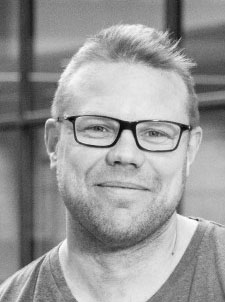
Professors and Lecturers
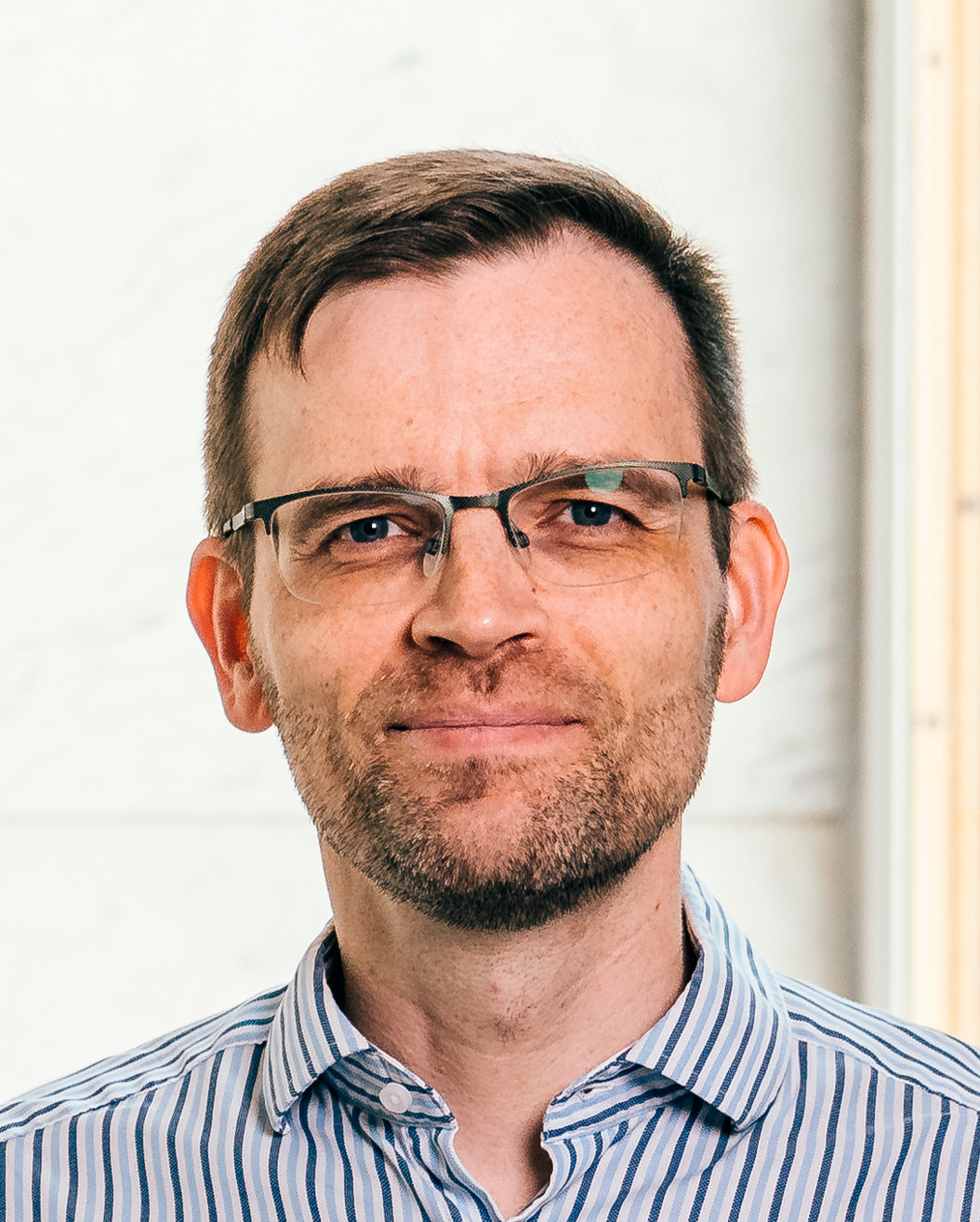


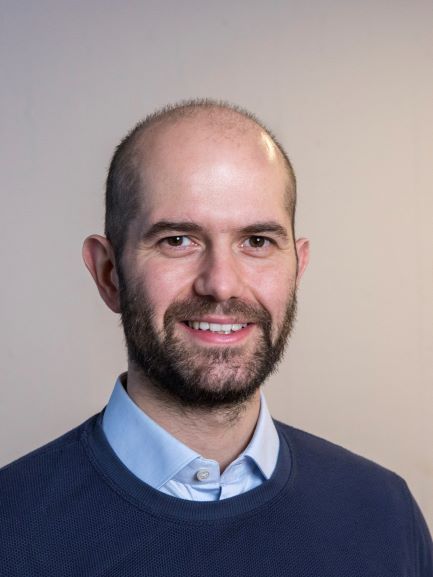
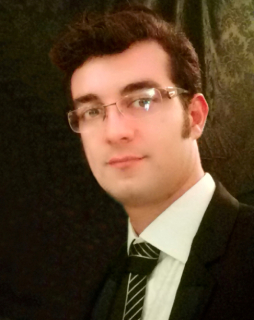
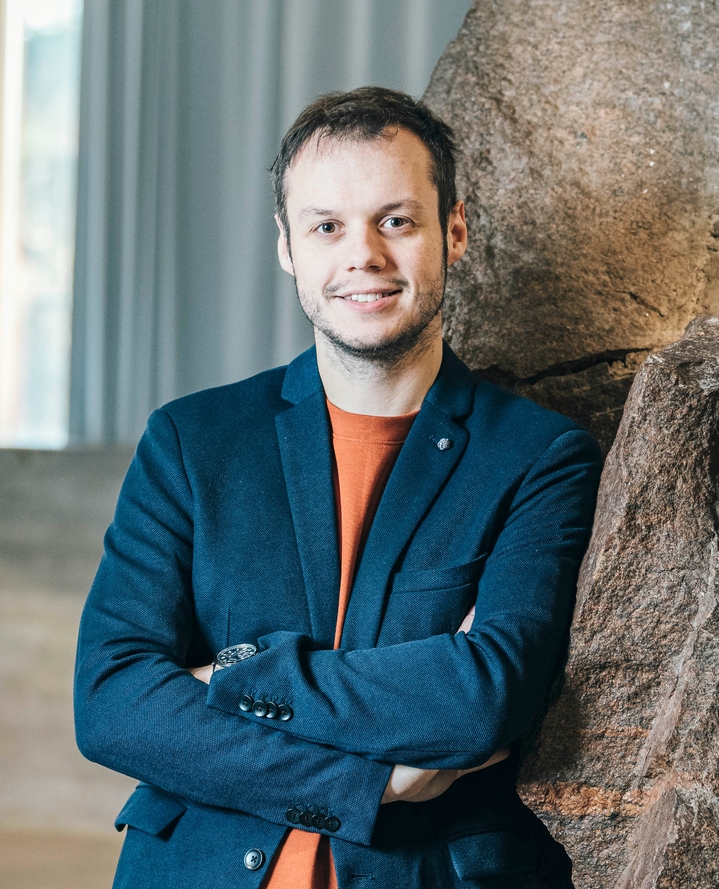


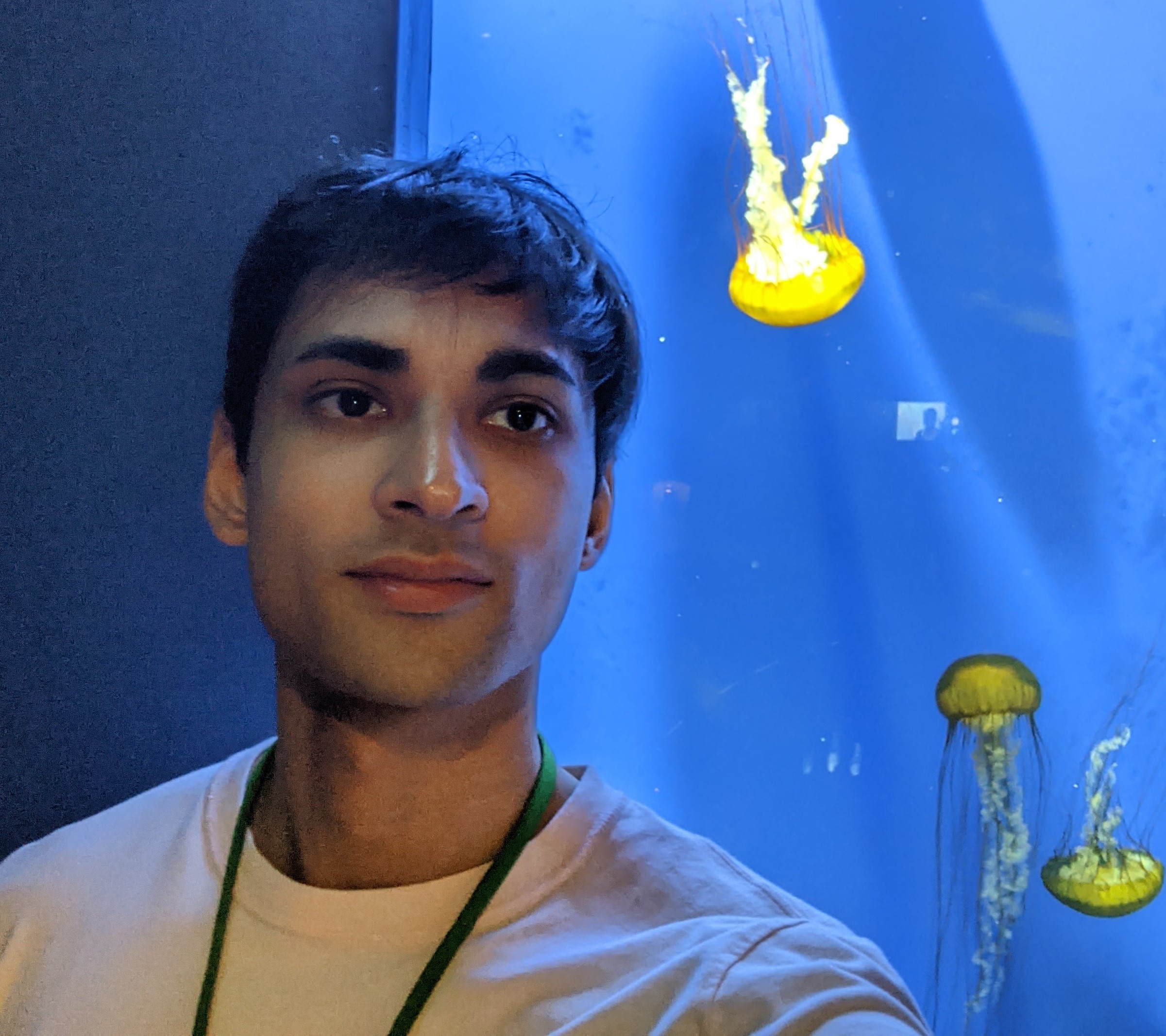
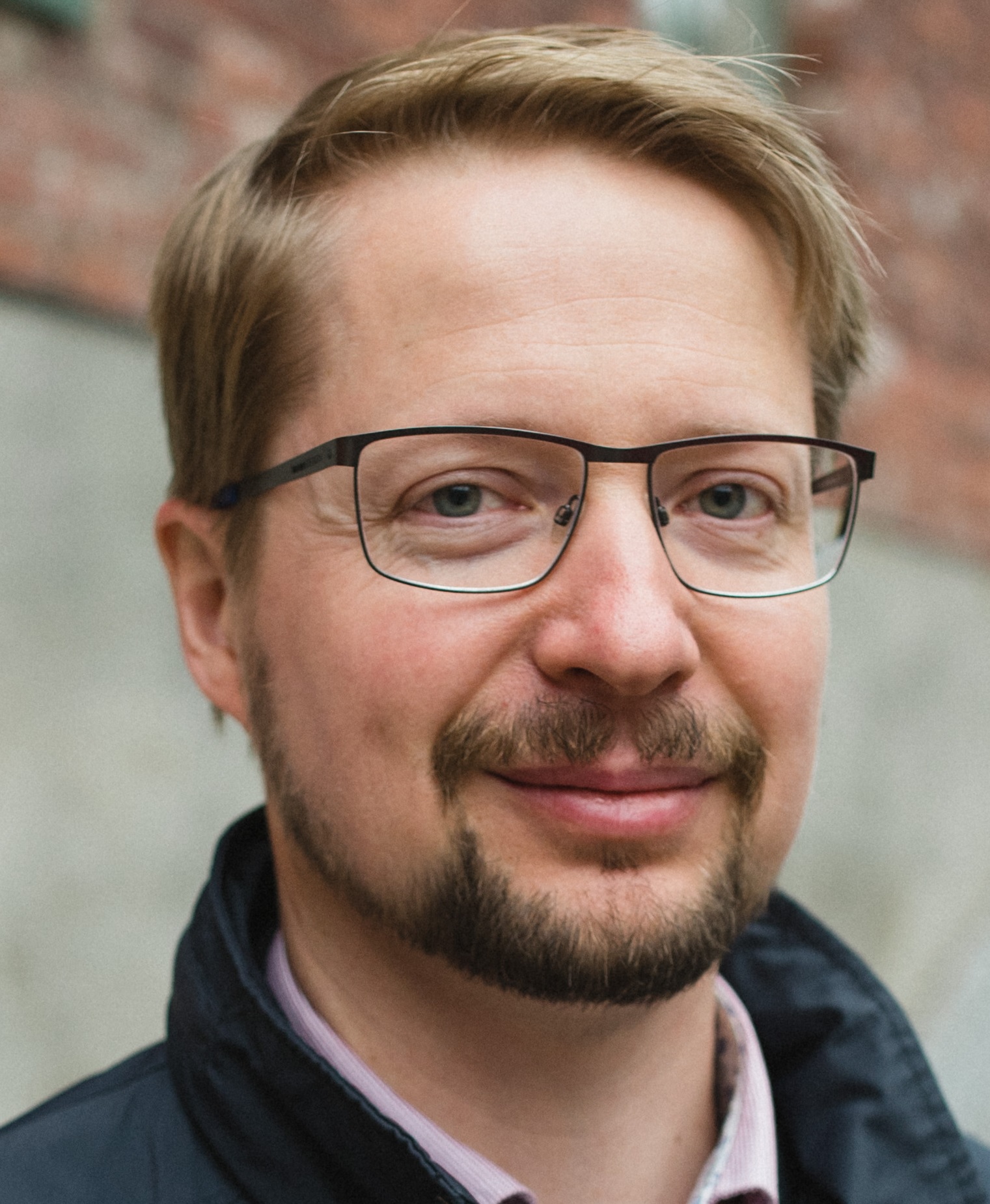

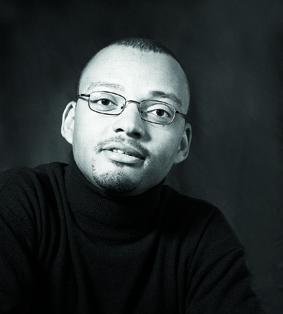

Where to find us
Maarintie 8
Maarintie 8

Health Technology House
Otakaari 3 & Rakentajanaukio 2
Micronova
Tietotie 3

A Grid
Otakaari 5
Open for members 24/7

Aalto Factory of the Future
The Aalto Factory of the Future is an infrastructure to support innovation in future industrial automation, industry 4.0 & 5.0 and beyond. It allows test and trials of advanced technologies, such as future wireless communication (5G / Wifi6 and beyond) in industry.

Viima
Puumiehenkuja 5








